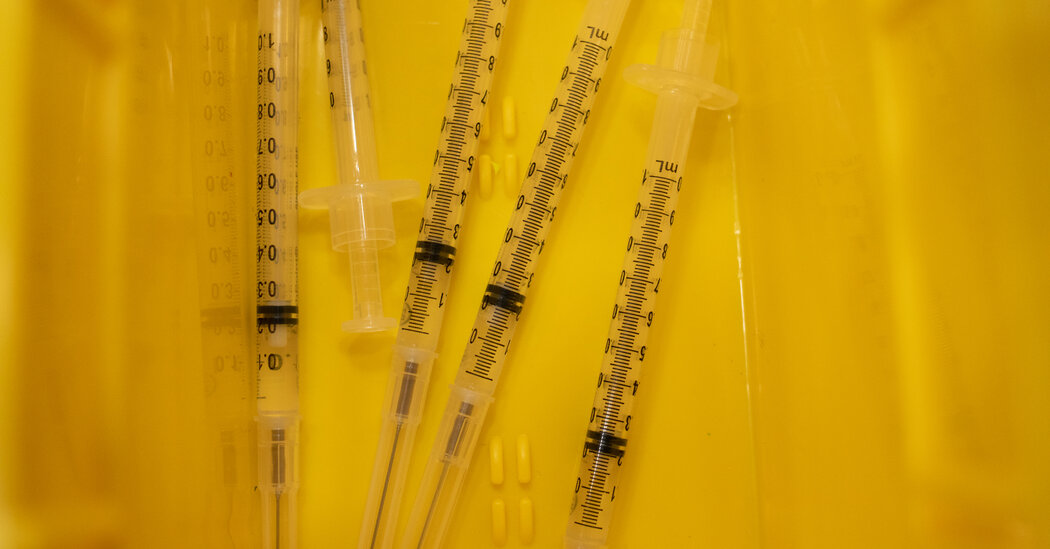A program that provided more than one million Covid shots to uninsured and underinsured people is coming to an end.
There are just two doses of a Covid-19 vaccine left in the fridge at Good Samaritan Health Centers of Gwinnett in Norcross, Ga. Once those shots have been used, the nonprofit fears it may have to charge its patients for what was once a free vaccine.
“Once we’re out of it, we’re not going to be able to serve them unless they can pay,” said Greg Lang, chief financial officer at the nonprofit, which serves more than 25,000 uninsured Georgia residents. The shot can cost over $100 out of pocket, plus the charge to administer it.
After Covid-19 vaccines transitioned to the commercial market last fall, the Centers for Disease Control and Prevention stepped in to ensure that adults without insurance, or those whose insurance plans did not fully cover the vaccine, could receive shots for free. The agency’s Bridge Access Program provided roughly 1.5 million shots, said Dr. Georgina Peacock, the director of the immunization services division at the C.D.C. Nationwide, about 27 million adults do not have health insurance.
But the program ends this month, making it even harder for health centers to provide shots for free. The C.D.C. announced in May that funding for the program, which clinics expected to last through December, would actually run out by the end of August. A spokesman from the C.D.C. said the agency is discussing strategies to increase vaccine access for people without insurance.
For community health clinics, the uncertainty comes at an already challenging time: Covid is circulating. Updated Covid vaccines are expected to arrive in the fall, driving more people into clinics seeking shots. And fall and winter will most likely bring new waves of cases.
Community health clinics often care for patients who are uninsured and unable to pay for vaccines out of pocket. Many are restaurant workers, cashiers, drivers and others who, without vaccination, are more vulnerable to infection and may lack the paid time off needed to stay home if they fall ill.
